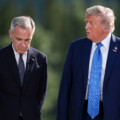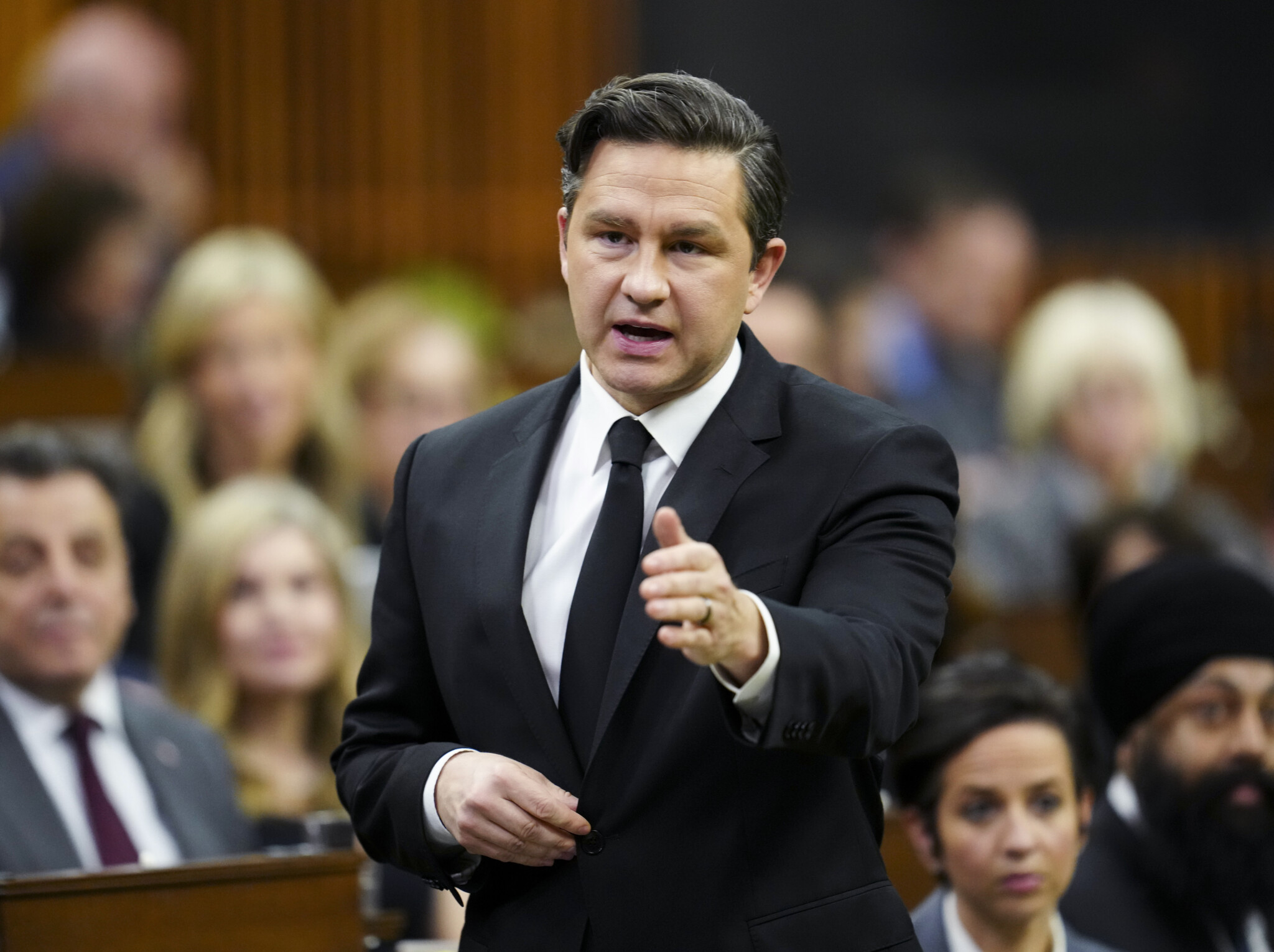In The Weekly Wrap Sean Speer, our editor-at-large, analyses for Hub subscribers the big stories shaping politics, policy, and the economy in the week that was.
Normally the Weekly Wrap covers three important or interesting topics from Canadian policy and politics over the previous week. This week, however, it only covers one topic. That’s partly because my family and I are on vacation in North Carolina and in part because I think there’s one story that deserves heightened attention.
This week, the Trudeau government tabled a parliamentary motion to effectuate its increase to the capital gains inclusion rate first announced in April’s budget. The motion passed with the support of the New Democrats and the Bloc Quebecois and will take effect on June 25.
The Conservatives ultimately voted against it. This may not seem like a huge surprise. But the party’s opposition to the capital gains tax hike wasn’t necessarily a sure thing. As I wrote last week, its growing support from working-class Canadians and the inherent challenges of being seen to defend preferential tax treatment for high-income earners were causing the Conservatives to be somewhat diffident in their response to the pending tax increase.
That changed this week. In a comprehensive and effective 15-minute video, Conservative leader Pierre Poilievre outlined the flaws of raising taxes on capital during a sustained period of economic stagnation and why he and his colleagues would rightly oppose it.
I’ll come back to the video in a minute. But it is worth dwelling on what an extraordinary policy this is. Even if one accepts that it will affect a relatively small number of taxpayers—though analysis for The Hub by leading tax economist Jack Mintz estimates that the number of Canadians affected will be much higher than the government’s own projections—the notion that it won’t have negative economic effects belies virtually everything we know about behavioural responses to taxation in general and capital taxes in particular.
Yet Finance Minister Chrystia Freeland’s prepositioning speech last weekend simply dismissed these economic costs and instead set out a series of strawman arguments about how if Parliament didn’t enact her tax hike, children would go hungry at school and teenage girls would get pregnant because they cannot afford birth control.
Recommended for You

The state of Canada’s economy halfway through 2025

Peter Menzies: It’s no wonder Canadians are tuning out the legacy media

‘It’s really important that we make mining fashionable again’: Ken Ash on why mining is essential to creating a happy and secure Canada

The Notebook by Theo Argitis: Trump halts trade talks, Carney’s trade-offs and John McCallum’s legacy





